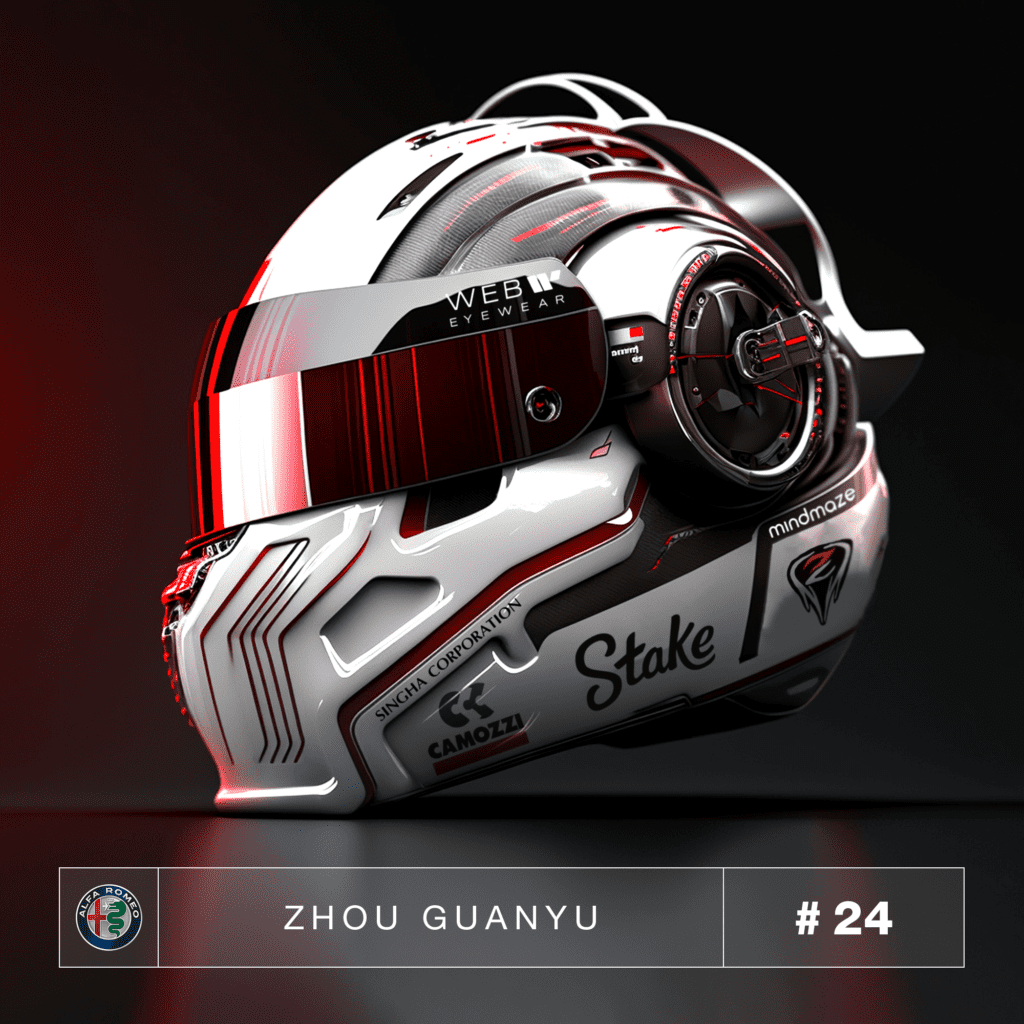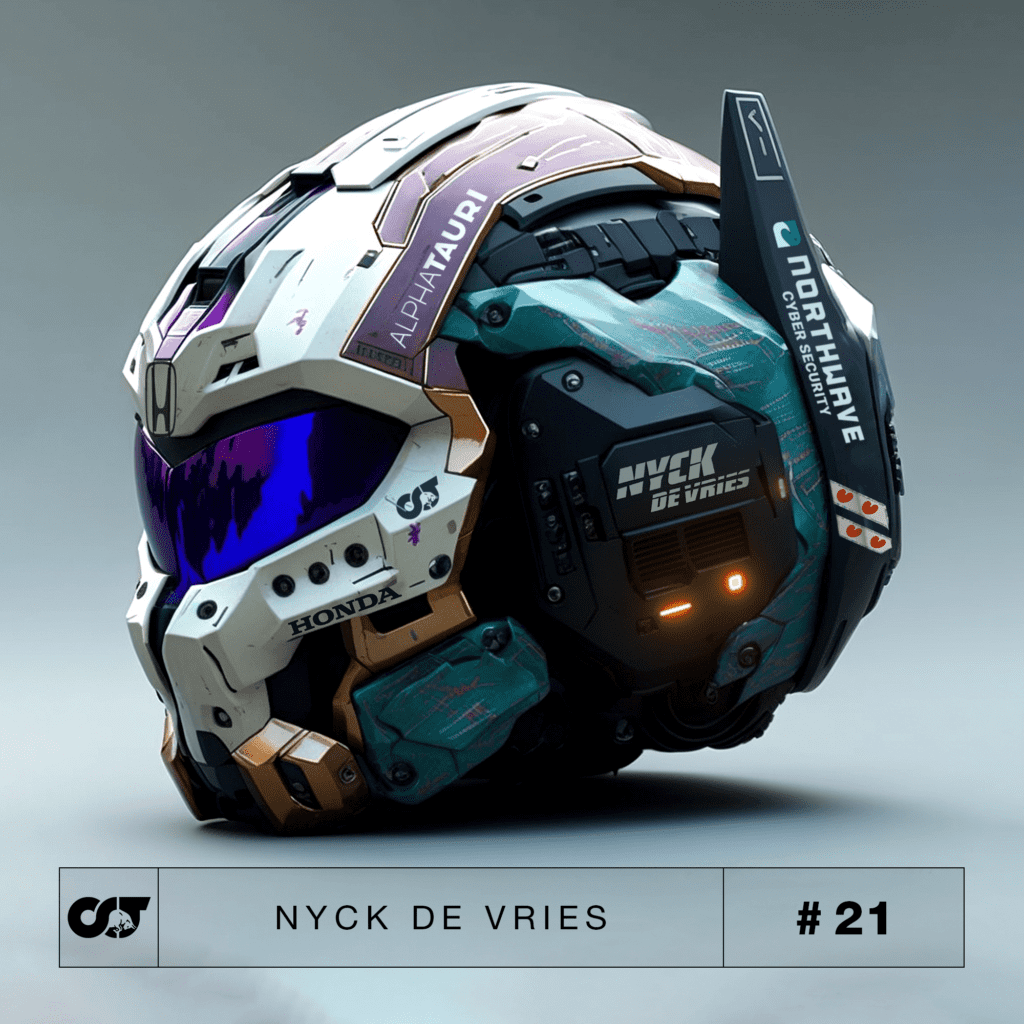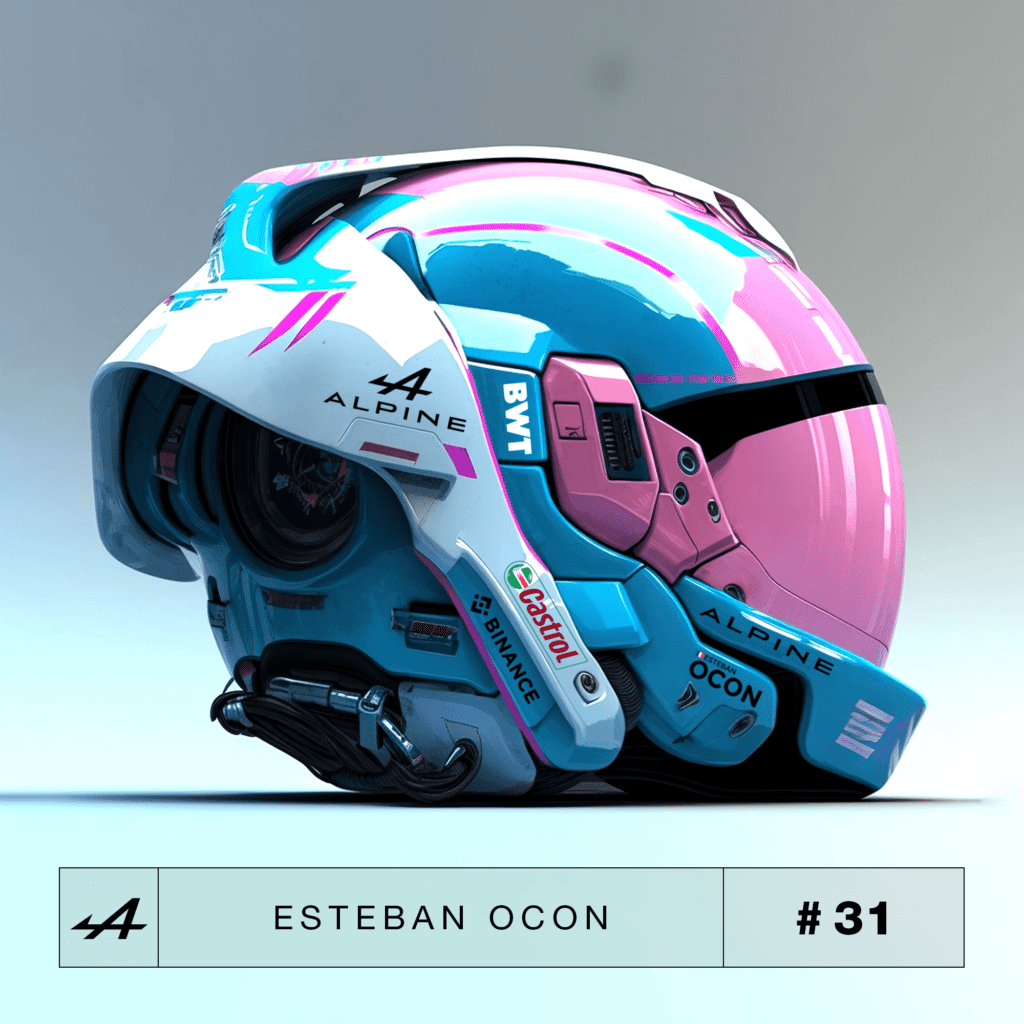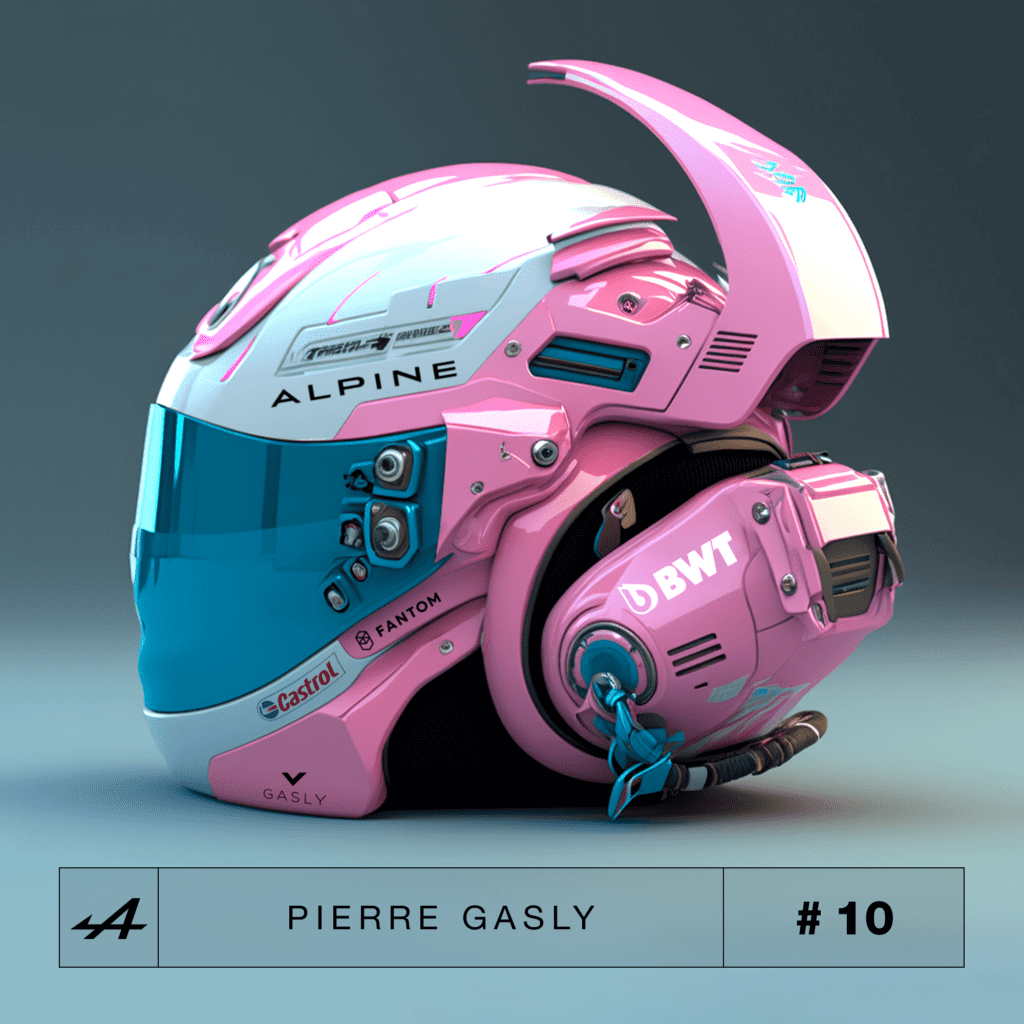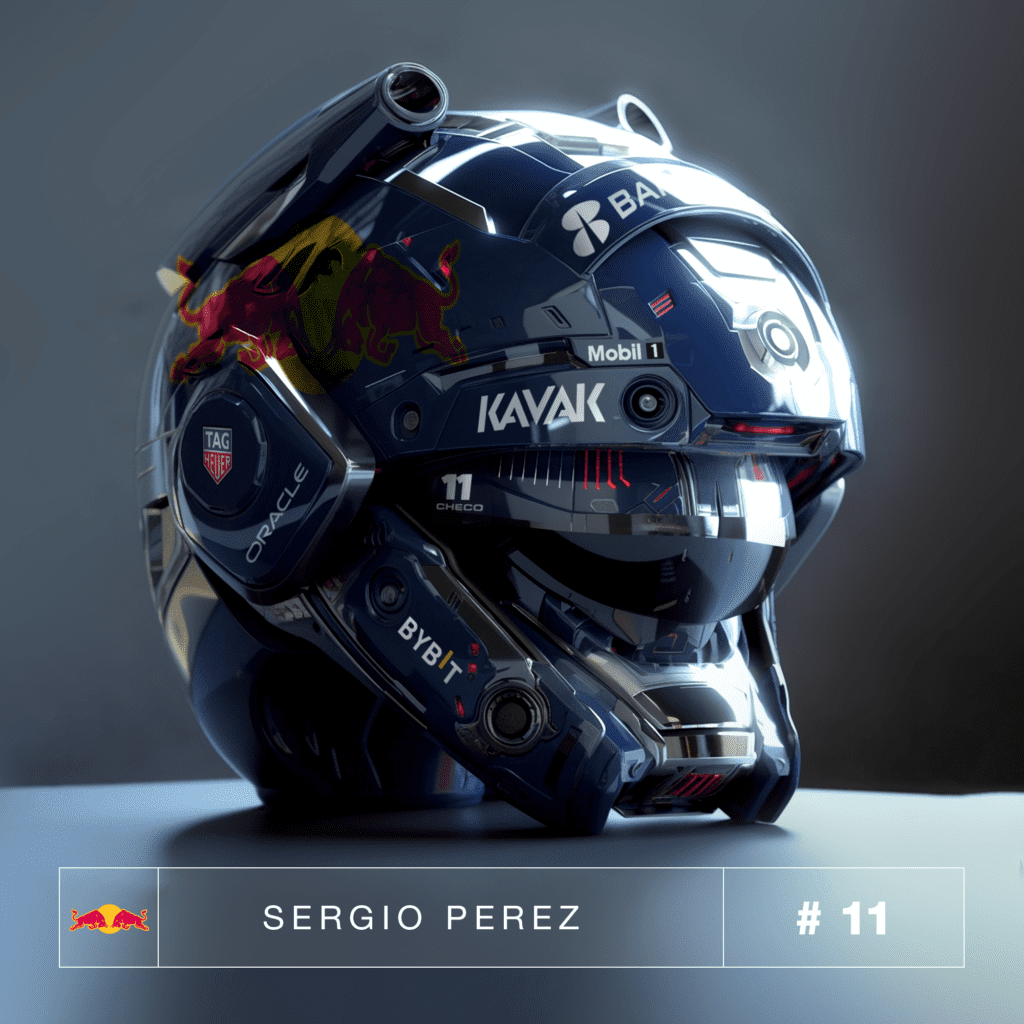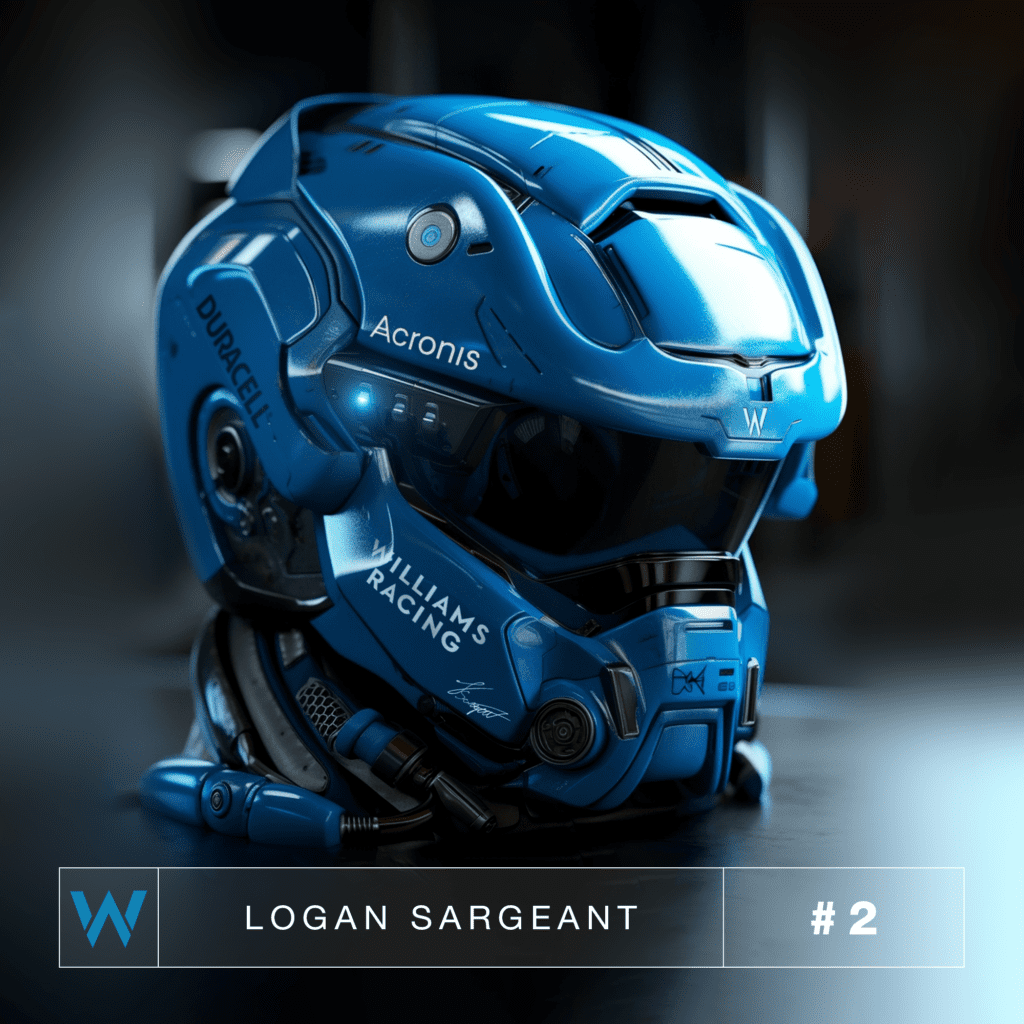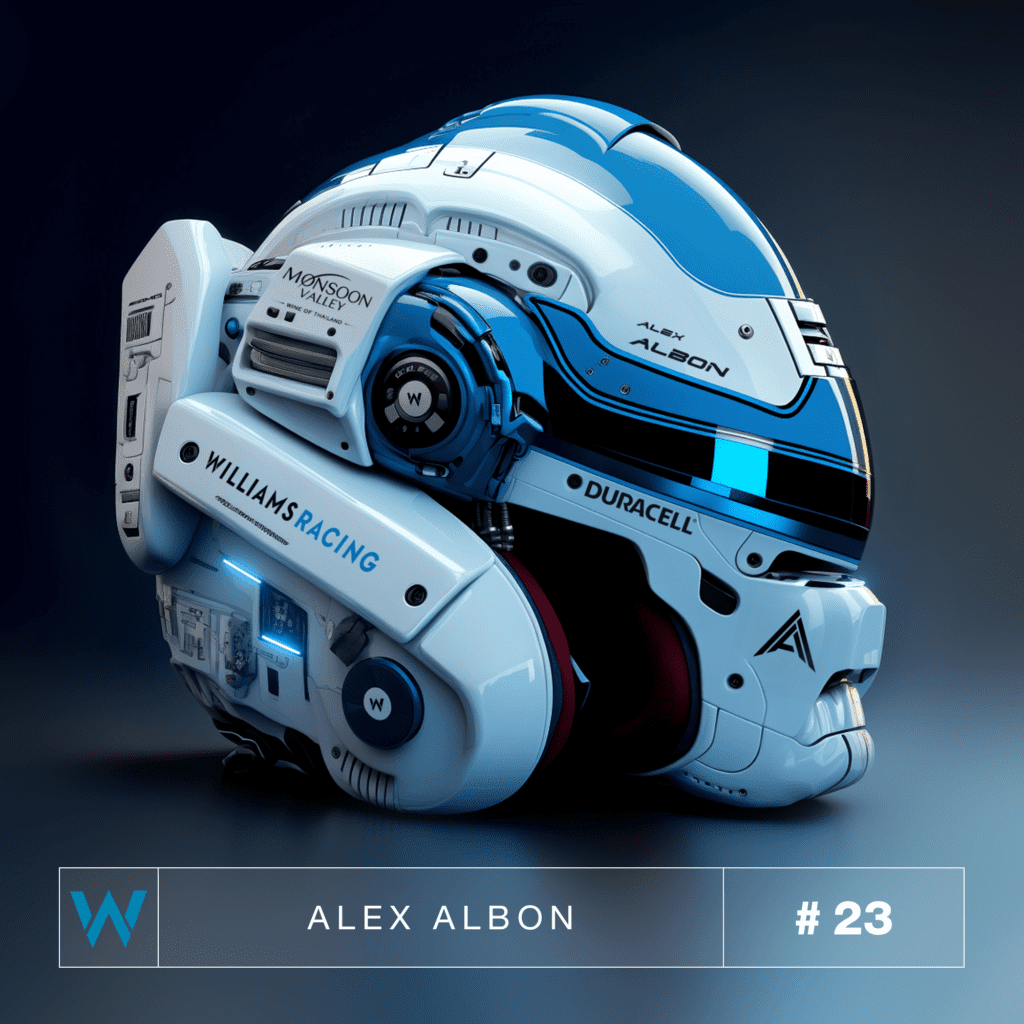NFT Ownership Dispute Resolved as New York Court Rejects Claims
Fast Facts:
- A recent legal dispute over NFT ownership has reached a resolution in a New York court.
- The court has dismissed the ownership claims, bringing an end to the protracted legal battle.
- The ruling provides crucial clarity on the legal framework surrounding NFT ownership and establishes important precedents.
- The case highlights the growing significance of NFTs as a digital asset class and the need for robust legal mechanisms to address disputes.
- Artists, collectors, and investors will closely analyze the court’s decision, as it could impact future NFT transactions and ownership disputes.
In a landmark legal development, a highly contentious battle over the ownership of a non-fungible token (NFT) has recently concluded in a New York court. The court’s ruling, which dismissed the ownership claims, carries significant implications for the evolving landscape of digital assets. This article will delve into the details of the case, the court’s decision, and the broader ramifications for the NFT market.
The Legal Battle Unraveled
The legal dispute revolved around a high-value NFT, with two parties asserting conflicting claims of ownership. Both parties presented evidence and arguments, engaging in a protracted legal battle that captured the attention of the art and blockchain communities. The court meticulously examined the evidence and legal arguments presented, considering the unique aspects of NFTs and their implications on ownership rights.
The Court’s Verdict and Implications
After a thorough analysis, the New York court ultimately dismissed the ownership claims, providing clarity and resolution to the long-standing dispute. The court’s decision is expected to have far-reaching implications for the NFT market, setting legal precedents and offering guidance on ownership disputes. The ruling establishes a framework that can help artists, collectors, and investors navigate the complex legal terrain surrounding NFTs.
Legal Framework and Precedents
The court’s ruling has established important precedents regarding NFT ownership, defining the legal framework within which such disputes will be adjudicated. By examining the unique characteristics of NFTs, including their cryptographic authenticity and blockchain-based provenance, the court addressed critical questions of ownership. The decision is likely to influence future legal cases and inspire greater confidence among NFT market participants.
Implications for the NFT Market
The conclusion of this high-profile legal battle brings much-needed clarity to the NFT market. Artists, collectors, and investors can now refer to this precedent-setting case to better understand their rights and responsibilities in the realm of NFT ownership. The ruling’s impact will reverberate across the art world and the broader digital asset landscape, encouraging further growth and adoption of NFTs.
Lessons Learned and Future Considerations
This legal battle highlights the urgent need for robust legal mechanisms to address ownership disputes in the NFT space. As the popularity of NFTs continues to surge, legal frameworks must evolve to accommodate the unique characteristics of these digital assets. Artists, collectors, and platforms must proactively establish clear terms and conditions, ensuring transparency and reducing the likelihood of protracted legal battles.



